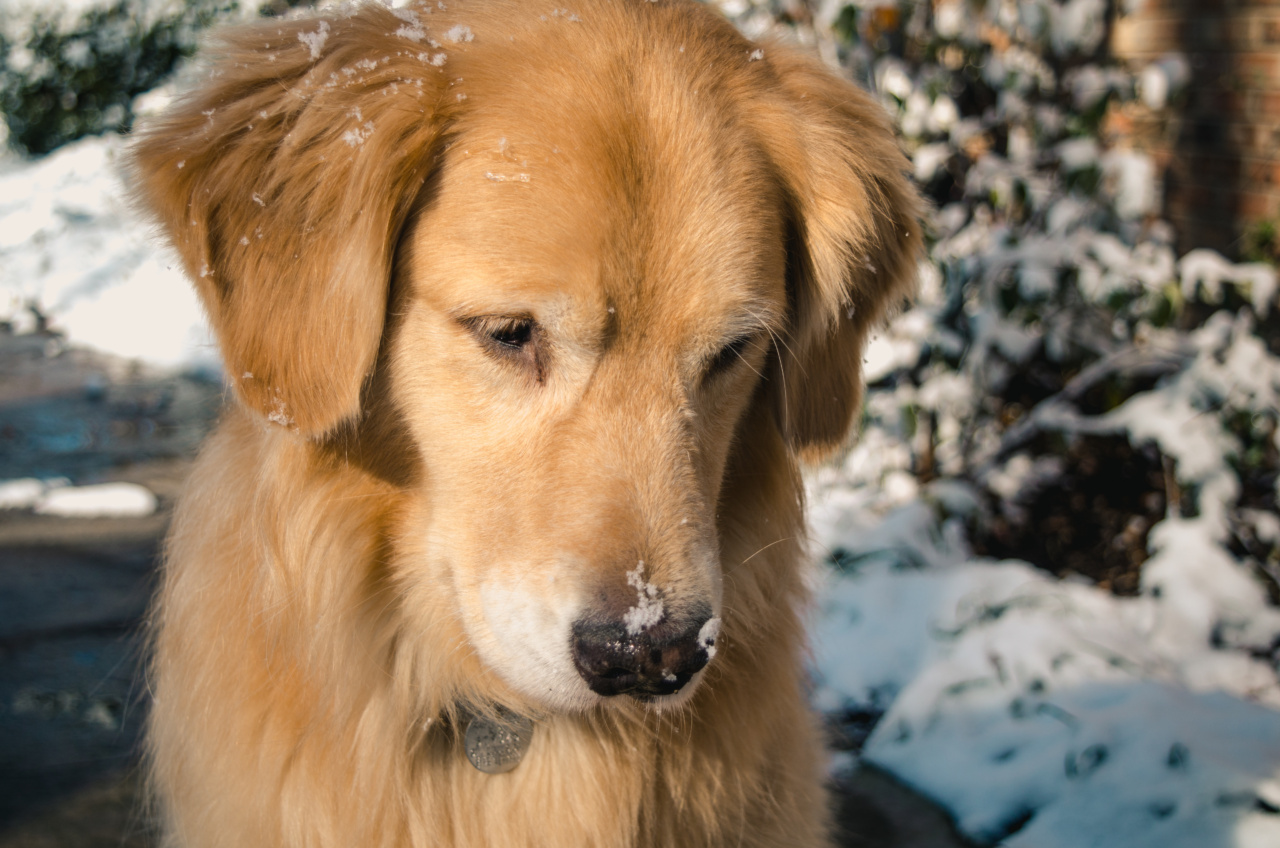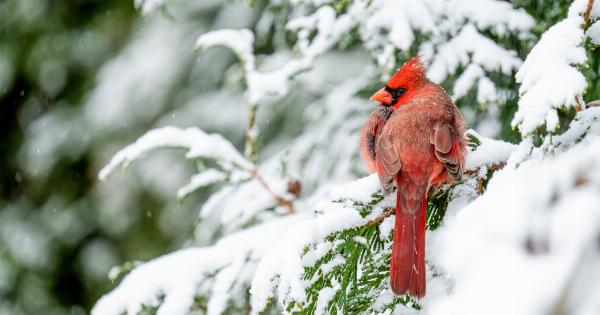Winter is a season that most people enjoy, with its snow, warm fireplaces, and cups of hot cocoa — but it’s also the season of the year when many people suffer from a stuffy nose.
A stuffy nose is a common problem that can lead to difficulty breathing, which can make your winter miserable.
Stuffy nose can be an irritating and frustrating problem, and so it’s crucial to understand why it happens in the first place. Different factors can lead to a stuffy nose, with different causes being more common during the winter season:.
Dry Air
Winter brings with it dry air, but the problem is worse indoors than outdoors. When the air is dry, the membranes in the nostrils may dry out, leading to stuffiness. Dry air can also cause irritation, dryness, and cracking in the nasal passages.
Cold Weather
When the temperature drops, your body adapts to keep itself warm. Your body restricts blood flow to the nose by constricting blood vessels.
The drop in blood flow can cause the tissue lining your nasal passages to dry out, leading to inflammation and stuffiness.
Viral Infections
Winter is the season of colds and flu, and viral infections can lead to a stuffy nose. Most of these infections are highly contagious and spread from person to person.
The viruses cause inflammation in the nasal passages, causing the nose to become stuffy.
Allergies
Winter brings with it some allergens such as dust mites, pet dander, and molds that can cause stuffy noses to people with respiratory allergies.
Nasal Polyps
Nasal polyps are growths that develop in the lining of the nasal passages. They can cause sinus infections, chronic inflammation, and congestion. Nasal polyps can occur due to seasonal allergies, infection, or frequent use of nasal sprays and drops.
Deviated Septum
The septum is the wall that divides the nostrils into two separate passages. A deviated septum is a condition that occurs when the septum is crooked or off-centered. It can lead to difficulty breathing, snoring, and a stuffy nose.
Rhinitis
Rhinitis is the inflammation of the nasal passages. It can be caused by viral infections, allergies, smoking, or chemical irritants. Rhinitis can cause sneezing, runny nose, and a stuffy nose.
How to Treat a Stuffy Nose in Winter
Several remedies can help relieve a stuffy nose during the winter season. They include:.
- Drinking plenty of water to keep the nasal passages hydrated.
- Using a humidifier to add moisture to the air.
- Using saline nasal drops to keep the nasal passages moist and relieve stuffiness.
- Taking decongestants or antihistamines to alleviate symptoms but consult a doctor before use.
Avoiding triggers such as dust, smoke, and pet dander can reduce allergic reactions or irritation that leads to a stuffy nose.
In Conclusion
A stuffy nose is a common problem, and the symptoms can be annoying and uncomfortable. It’s important to understand the causes of a stuffy nose during the winter season, so you can take steps to prevent or manage it.
Making simple changes such as staying hydrated, using a humidifier or saline nasal drops can help relieve the symptoms. In some cases, medical treatment may be necessary to address the underlying condition causing the problem.






























